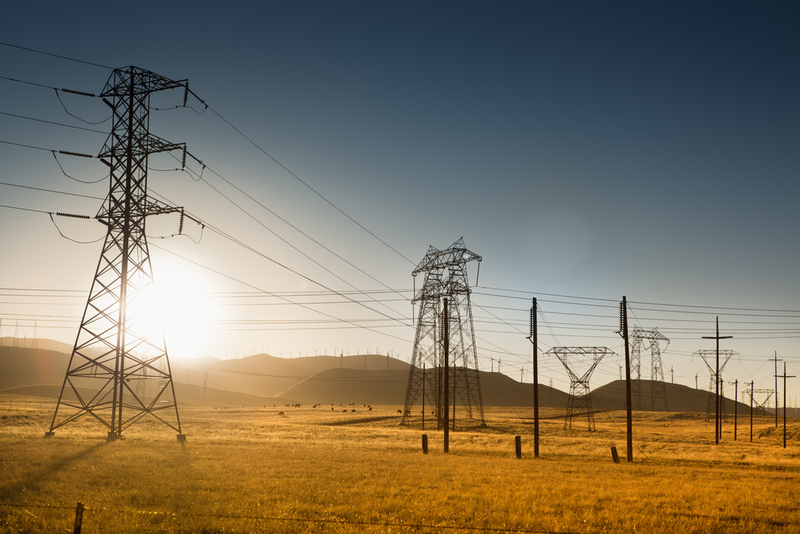The deputy energy ministers of Azerbaijan, Iran and Russia have discussed the issue of connecting electrical grids of the three countries and creating a North-South electricity corridor.
Azerbaijan's Deputy Minister of Energy Natiq Abbasov, Iran's Deputy Minister of Energy Homayoun Haeri and Russia’ Deputy Minister of Energy met in Baku on April 26 to discuss the idea, according to the APA news agency.
“Tehran is interested in implementing the project of connecting the electrical networks with Azerbaijan and Russian,” Haeri said. “All the three countries have the capacities required for electricity exchange.”
“Electricity has been transported to Georgia and Turkey for three years through the East-West energy corridor,” Abbasov said. “The existing capabilities in electricity export of Azerbaijan, Russia and Iran create opportunities for formation of North-South energy corridor.”
The officials also signed a final protocol and agreed to hold the next meeting in June in Moscow as well as drafting the joint agreement.
Azerbaijan’s electricity producer Azerenergy JSC and Iran's state energy company Tavanir signed an agreement on sale and purchase of electricity on April 12, within the visit of the Azerbaijani delegation led by Deputy Energy Minister Natig Abbasov to Iran. Under the agreement, Azerenergy JSC will start importing 180 MW of electricity for the regions of Mugan and Astara in June 2018.
According to Tehran Times, Iran aims to become an official power hub in the region, as it engaged in electricity trade with almost all of its neighboring countries for some of which, like Iraq and Afghanistan, Iran is the sole exporter of electricity.
The Ordubad Hydroelectric station with a capacity of 36 MW is being constructed near the Araz River borderline in Azerbaijan’s Ordubad district and Iran's Marazad town.
Power plants of Azerenergy JSC generated almost six billion kilowatt hours of electricity in the first three months of this year. In 2017, Azerenergy generated 21.9 billion kilowatt hours of electricity.
Iran’s nominal capacity for power generation currently stands at 78,421 MW. Officials plan to add 3,000 MW to Iran’s capacity over the current Iranian calendar and fiscal year, which runs from March 21 until March of 2019.







 Azerbaijan and Armenia started the process of demarcation of their border on Tuesday, with the installation of the first border markers based on ge...
Azerbaijan and Armenia started the process of demarcation of their border on Tuesday, with the installation of the first border markers based on ge...
 Armenian sappers commenced on Monday mine-clearance operations in the territories adjacent to the Saint Mary Church in village of Voskepar (Armenia...
Armenian sappers commenced on Monday mine-clearance operations in the territories adjacent to the Saint Mary Church in village of Voskepar (Armenia...
 Iran and Pakistan have signed eight cooperation documents in various fields, and agreed to strengthen ties to fight terrorism in the region.
Iran and Pakistan have signed eight cooperation documents in various fields, and agreed to strengthen ties to fight terrorism in the region.
 President Aliyev emphasized the critical role of the North-South Transport Corridor in fostering transport cooperation between Azerbaijan and Russi...
President Aliyev emphasized the critical role of the North-South Transport Corridor in fostering transport cooperation between Azerbaijan and Russi...



